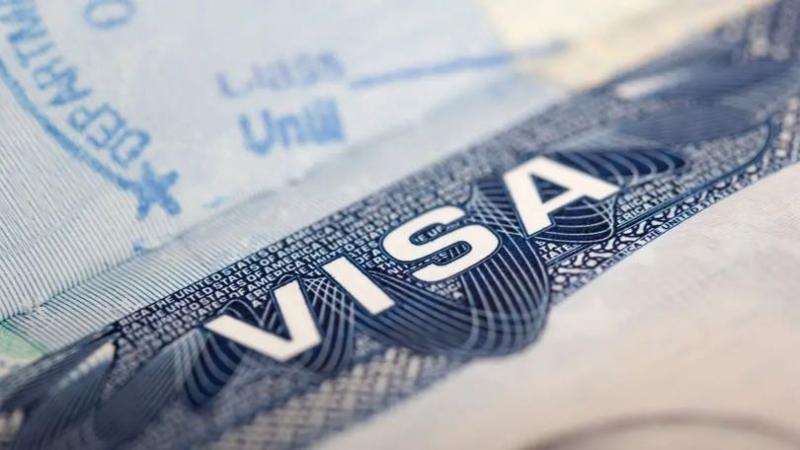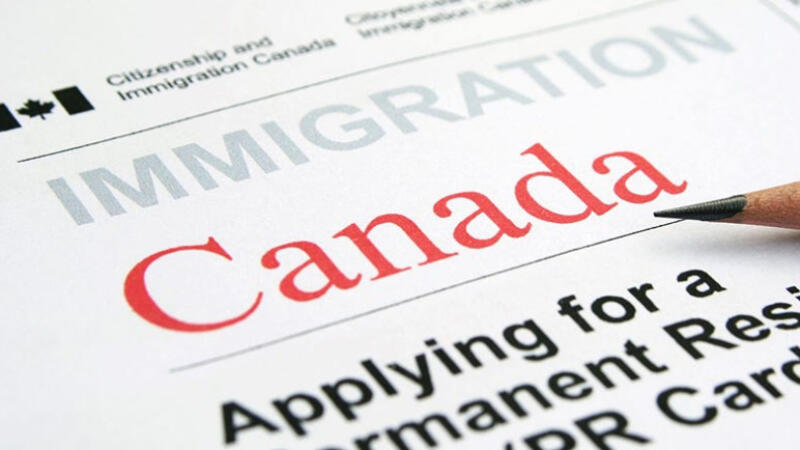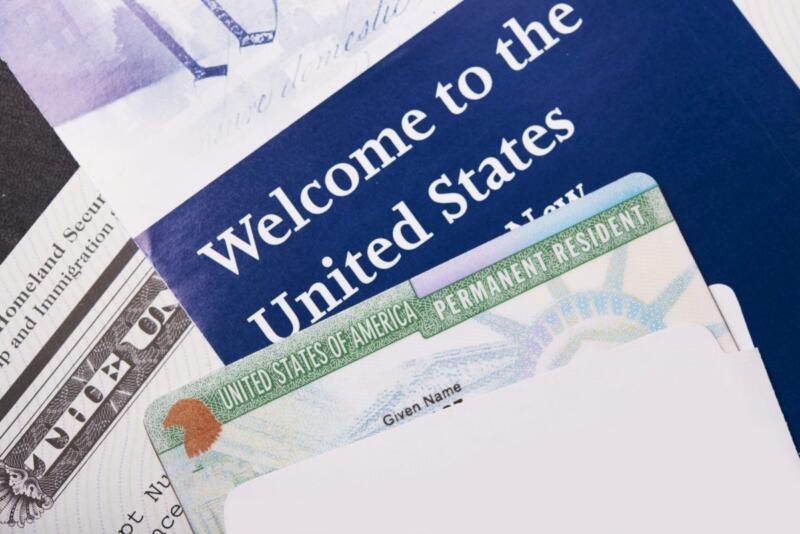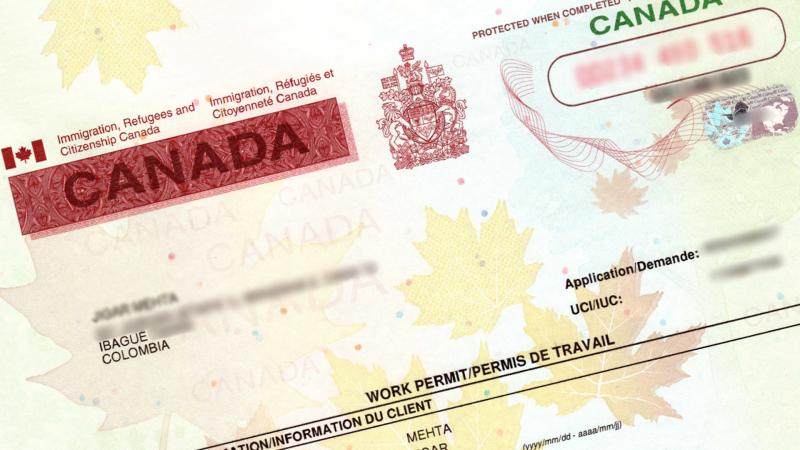Are you a Nigerian student who dreams of pursuing an MBA in Canada? If so, you might wonder about the eligibility criteria, the admission process, the costs, and the benefits of studying in one of the world’s best destinations for higher education. In this blog post, we will answer all these questions based on information from various reliable sources. Let’s get started!
Table of Contents
Costs and Benefits of MBA Programs in Canada for Nigerian Students
Canada is one of the most popular destinations for international students who want to study MBA. Studying for an MBA in Canada can be a rewarding investment for your career and personal growth. Here are some of the costs and benefits of pursuing this degree:
International Recognition
An MBA degree from Canada is internationally recognized and respected by employers and academic institutions worldwide. It will enhance your career prospects and earning potential in the global market.
High-quality Education
Canada has some of the best business schools in the world, such as Rotman School of Management, Ivey Business School, Schulich School of Business, and McGill University. These schools offer internationally recognized MBA programs accredited by AACSB, AMBA, and EQUIS.
Affordable Cost
Studying for an MBA in Canada is less expensive than in other countries. The average cost of an MBA degree in Canada is approximately CAD 20,000–CAD 50,000 per year (an indicative price). You can also apply for scholarships, grants, and loans to fund your education.
The scholarships and financial aid opportunities for MBA programs in Canada are limited but available. Some universities offer eligible students merit-based scholarships, bursaries, grants, loans, or work-study options. You can also apply for external scholarships from organizations like EduCanada or the Commonwealth Scholarship and Fellowship Plan (CSFP).
Industry Exposure
Canadian business schools offer co-op programs or internship opportunities to help students gain industry experience while studying for their MBA. You will also have access to a network of alumni and employers who can provide mentorship and guidance.
Post-study Work Opportunities
Canada has a favorable immigration policy that allows international students to work in Canada after completing their studies. You can apply for a Post-Graduation Work Permit (PGWP) that enables you to work in Canada for up to three years after graduating from an MBA program. This will give you valuable work experience and enhance your career prospects.
Multicultural Environment
Canada is multicultural, meaning you will study alongside students from different cultures and backgrounds. This will enable you to broaden your cultural business and management perspective and develop intercultural skills.
The immigration opportunities for MBA graduates in Canada are also favorable. Canada has a friendly and welcoming immigration policy that allows international students to work up to 20 hours per week during their studies and up to three years after graduation through the Post-Graduation Work Permit (PGWP) program. You can also apply for permanent residency through programs like Express Entry, Provincial Nominee Program (PNP), or Canadian Experience Class (CEC). These programs assess your eligibility based on your education, work experience, language skills, and adaptability.
Eligibility Criteria for MBA Programs in Canada for Nigerian Students
To be eligible for MBA programs in Canada, you must meet specific academic and professional requirements. These may vary depending on the business school and the program you choose, but generally they include:
Should you find this piece engaging, we kindly invite you to explore the wealth of content in our other articles:
- A bachelor’s degree from a recognized institution with a minimum GPA of 3.0 out of 4.0 or equivalent. Some business schools may accept a lower GPA if you have strong work experience or other achievements.
- A valid GMAT or GRE score demonstrating your quantitative and analytical skills. The average GMAT score for MBA programs in Canada is around 550 to 650, while the average GRE score is about 300 to 320. Some business schools may waive the GMAT or GRE requirement if you have significant work experience or a professional designation.
- At least two to three years of full-time work experience in a relevant field. Some business schools may require more work experience depending on the program type and specialization. Work experience is essential as it shows your leadership potential, managerial skills, and career goals.
- Proof of English proficiency if your first language is not English or you have not completed your previous education in English. You can submit a valid TOEFL or IELTS score that meets the minimum requirement of the business school. The average TOEFL score for MBA programs in Canada is around 90 to 100, while the average IELTS score is about 6.5 to 7.0.
- A statement of purpose (SOP) or personal essay that explains your motivation, objectives, and suitability for pursuing an MBA degree in Canada. You should highlight your academic background, work experience, achievements, career aspirations, and how the MBA program will help you achieve them.
- A resume or CV that summarizes your education, work experience, skills, awards, and extracurricular activities.
- Two or three letters of recommendation from your academic or professional references who can vouch for your academic performance, work ethic, leadership qualities, and potential.
- An interview with the admission committee or faculty members who will assess your communication skills, personality traits, fit with the program culture, and readiness for the MBA curriculum.
Admission Process for MBA Programs in Canada for Nigerian Students
The admission process for MBA programs in Canada varies depending on the program and university but generally follows these steps:
- Research and shortlist the business schools and MBA programs that match your profile, preferences, and goals. You can use online platforms such as Shiksha.com or IDP.com to compare different MBA programs in Canada based on their rankings, specializations, fees, duration, admission requirements, etc.
- Prepare for the required GMAT, GRE, TOEFL, or IELTS tests. Register for these tests well in advance and take them at least two to three months before the application deadline. You should also practice and improve your test-taking skills and strategies to achieve a high score.
- Gather and update your application documents such as transcripts, test scores, SOP, resume, letters of recommendation, etc. You should also check the specific requirements and guidelines of each business school and program you apply to and tailor your documents accordingly.
- Fill out and submit the online application form for each business school and program you are applying to. You should also pay the application fee, which ranges from CAD 100 to CAD 200 per application. You should apply to at least three to five MBA programs in Canada to increase your chances of admission.
- Wait for the admission decision from the business schools. Depending on the business school and program, this may take a few weeks to a few months. You may also be invited for an interview during the admission process.
- Accept the offer letter from the business school you want to join and pay the tuition deposit to confirm your seat. You should also decline the offer letters from the other business schools you have applied to.
- Apply for a study permit from your country’s Canadian embassy or consulate. You must submit your offer letter, financial documents, medical exam report, police clearance certificate, etc., as part of the study permit application. You should apply for the study permit as soon as possible after receiving your offer letter, as it may take several weeks or months to process.
- Plan your travel and accommodation arrangements for Canada. You should book your flight tickets, arrange your health insurance, pack your luggage, and look for suitable housing options in Canada. You can use online platforms such as Plumville International or UCanWest to find affordable and convenient accommodation options near your campus.
The Bottom Line
An MBA in Canada can be an excellent choice for Nigerian students who want to advance their education, career, and life in a world-class destination. Studying MBA in Canada can be a rewarding and life-changing experience for you, as you will gain valuable knowledge, skills, network, and opportunities that will help you advance your career and achieve your goals. To apply for an MBA program in Canada, you must meet the eligibility criteria, follow the admission process, and prepare for the costs and benefits of studying there. We hope this blog post has provided helpful information and guidance on pursuing your MBA dream in Canada. We wish you all the best in your MBA journey!






